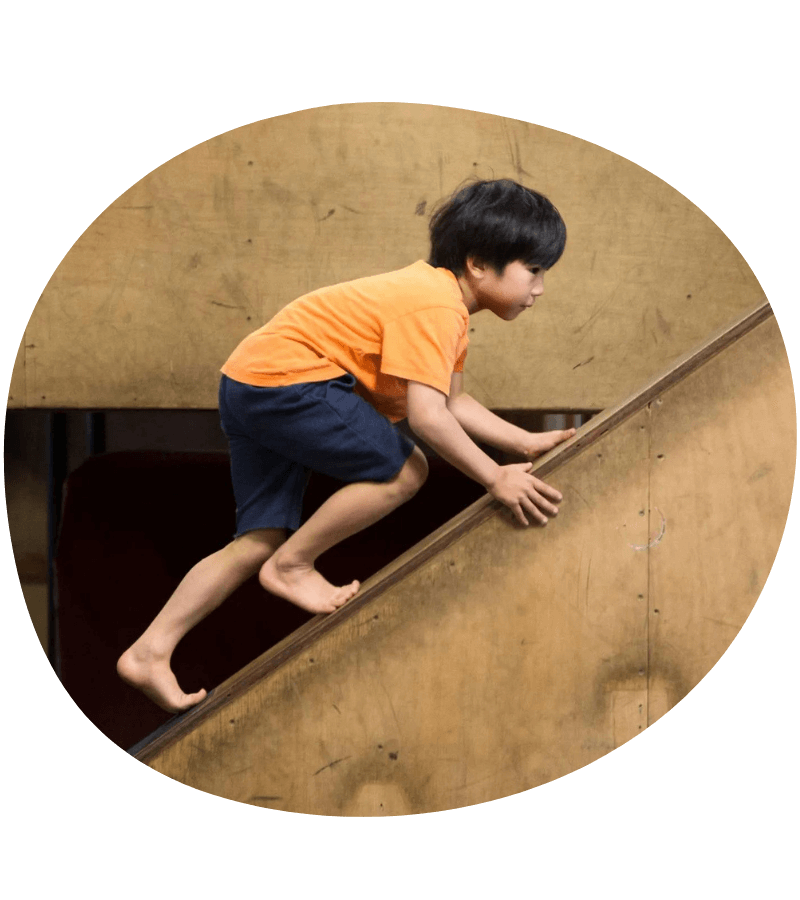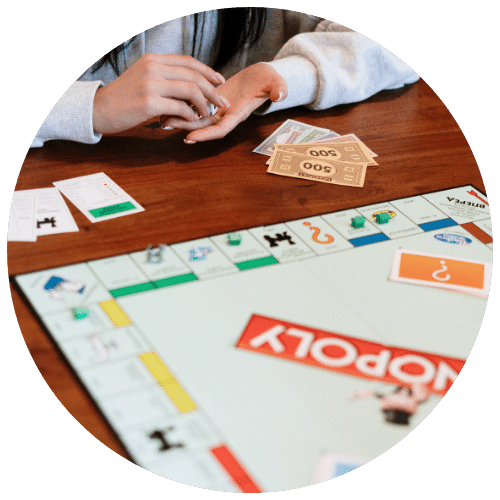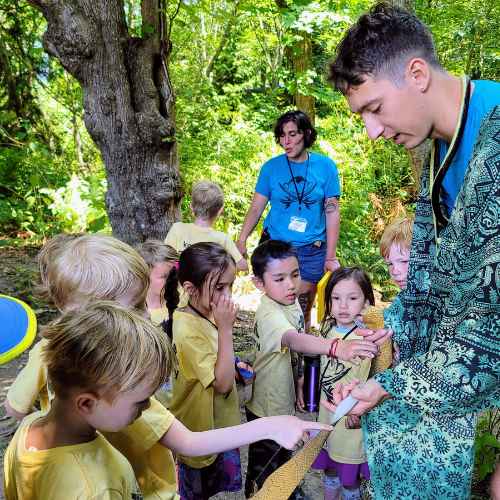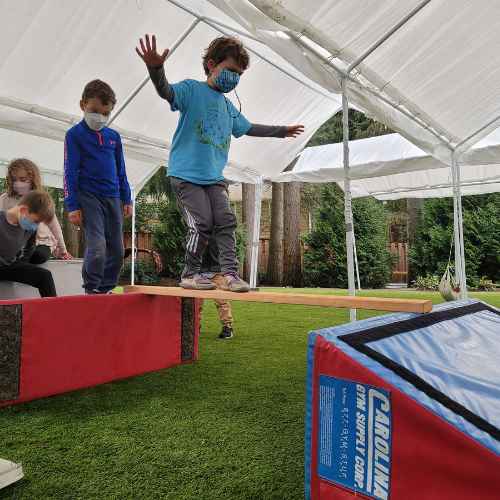Teaching Kids Responsible Decision Making
As a parent, teaching your kids to be responsible is one of the most critical jobs on your plate. Decision-making skills start young and as kids grow and take on riskier behaviors. Kids take bigger risks as they get older so teaching them how to take smart risks young is important.


We know the importance of helping kids learn the connections between their actions and can empower them to make better decisions. And because kids learn so well through play and games, we teach responsibility and decision making through those vehicles. This works well because kids naturally want to play and they perform better in activities that are fun.
There is also the added benefit of being with their peers and witnessing how other kids take risks and the consequences and rewards of healthy risk taking. When it comes to decision making, kids need to start small and make progress through practice.

Think about a Monopoly game.
In the beginning, kids learn the rules and allow Mom and Dad to take on the harder roles of being the banker and issuing the property. But overtime, as math skills and confidence rises, kids take on harder roles. And that isn’t a big lift for kids or their parents, it naturally happens in activities kids like which is why learning through fun and play is critical.
It’s also why our after school and summer camp programs include so much time on physical activities and having fun.
Why Starting Early Is Important When It Comes To Learning Responsibility
Teaching kids responsible decision-making at a young age is crucial for several reasons:
-
It lays the foundation for making decisions in the future:
Kid’s brains are on fire when it comes to cognitive and social development, especially before the age of 7. They are ready for parents and educators to lead the way and “teach” new things. This opportunity gives parents a huge runway for teaching kids how to make good decisions, which serve as a foundation for more complex decision-making in adolescence and adulthood.
-
By taking action, kids learn problem-solving skills
When kid’s have a role in decision-making, they learn how to assess their options, consider potential outcomes and weigh the pros and cons. These decision-making skills are critical later in life and are much less stressful when choosing the team to be on versus what college to go to or who to marry.
-
When adults take a step back, kids step up:
Handling situations independently and/or with guidance teaches kids that they can be trusted and that you consider them to be trustworthy. When kids learn self-reliance, they also develop self-confidence and better self-esteem.
-
By making their own decisions, kids learn accountability and consequences:
Being a responsible decision-maker involves knowing the possible outcomes of your actions. When kids see the full scope of their decisions, they begin to think more about the outcomes of their actions and the role their decisions have on themselves and others.
-
Being responsible increases social awareness and empathy for others:
Just as kids learn about consequences, they also learn about the impact they have on the people around them. This leads to a deeper awareness of the feelings of others which fosters greater empathy and relationship skills.
-
Responsibility raises awareness on age-appropriate risks and safety.
When kids understand how their decisions impact others, risky behaviors and situations are viewed in a new light, helping kids take smarter risks and make better decisions.
Teaching kids responsible decision-making when they are young sets the building blocks in place so they are equipped to take on greater roles with greater independence as they get older.
How Kong Academy Uses Play And Games To Teach Decision-Making Skills
Play and games are crucial for kids’ learning because they are naturally drawn to it. Ask any kid if they want to do their favorite activity or a chore and most kids will vote for their beloved game every time. Knowing this gives parents and educators the greatest opportunity to leverage play for learning.
And because play is engaging and fun for children, it naturally increases their motivation and interest in participating. Kids learn through play because it sticks. It’s easier for human beings of all ages to learn important and relevant details when it’s fun. So when we’re teaching a specific skill that’s something we really want kids to learn, play helps to ingrain the skill in a kid’s mind because it’s connected to something they enjoy doing. By combining learning with fun, kids are more likely to retain the information and remember the learning. Think of it like blending your veggies into your desert.

We use play to:
we reduce social awkwardness, shyness and isolation by bringing kids together on a like-minded theme that is easy to connect on
we want kids engaged so the activities are of high interest with great variety addressing different interests so different brains can all learn in the style that’s most conducive to them.
when kids move they get out of their heads and into their bodies. This subtle shift helps reduce some of the social challenges modern kids face because the energy is on the group activity not socialization with their peers.
games have a purpose or a goal to them. The use of strategies to come out on top or to win teach kids the value of critical thinking.
games bring out all kinds of emotions and kids feel them all; elated when they win, sad when they lose, mad when a teammate beats them and joy when a friend does well. We normalize feeling your feelings so they can become a tool to help navigate your life.
play let’s kids get deep into the well of their imagination. This connection to abstract thinking encourages connection, creativity and different learning styles, allowing kids to flourish regardless of their grades or other social pressure points.

Our Afterschool Programs
Curriculum that works

Our Summer Camps
Activities & Programming that work
